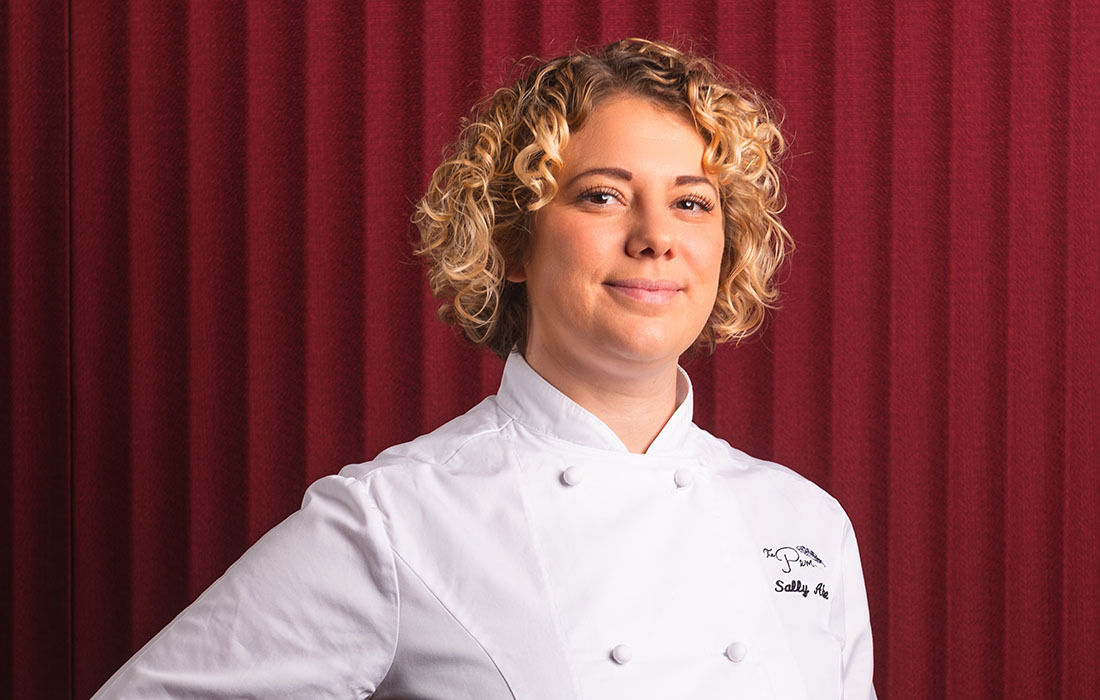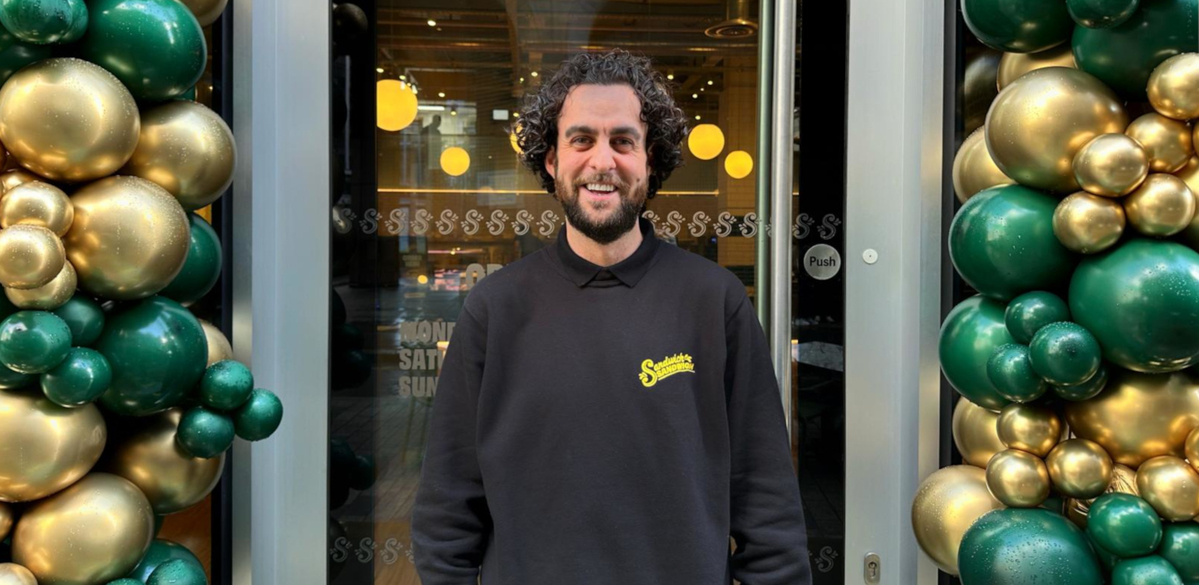Hospitality firms offer ‘work when you want’ shifts to boost recruitment
Super-flexible, low- to no-obligation offers of work are being used to entice people into the hospitality industry in a bid to combat the staffing crisis.
Young’s pub group has launched the Ram Agency, offering casual workers the chance to select shifts across more than 200 sites, while Rick Stein Restaurants is inviting applications across departments from those looking for as little as one shift a week.
Abi Dunlop, head of recruitment and training at Young’s, said: “Like all companies we’re struggling to recruit and we saw a niche for totally flexible working where people can quite literally write their own rotas.
“You don’t get phone calls, you just go on an app and select shifts. There’s no pressure to work shifts, we want people to be able to work when they want, and there are plenty of shifts available. It’s as flexible as it can get with no pressure and no one to answer to.”
Dunlop said 175 people have signed up to the agency, which has been running for less than a year and is proving particularly popular with chefs. She added: “I think this will end up being a huge part of the workforce in the next few years.”
The number of job vacancies in the UK accommodation and foodservice sectors rose to 171,000 between February and April 2022, according to the Office for National Statistics (ONS).
This marks an increase on the 165,000 empty job roles reported in the industry between January and March.
For Jill Stein, co-founder of Rick Stein Restaurants, and Michael Rabone, the group’s head of human resources, offering maximum flexibility is a means to attract people who wouldn’t previously have considered roles in the industry.
Rabone said: “Flexibility has always existed, but we found it was [the result of] established relationships with people within the business whose circumstances had changed.
"We have always found room to accommodate them, but we were not doing that proactively enough for anybody wanting to join the team.”
About a quarter of new recruits to the business have come from colleague referrals, but targeted advertising on social media is also being used to spread the word among the local community.
For Stein the hope is that publicising flexibility will attract not just those with time constraints, but people who might be looking for minimal hours in an engaging role.
She added: “Recruitment is difficult for everyone, and you have to think out of the box and be as helpful as you possibly can to attract the right people. I’m always of the opinion that I’m happy to have a mix of different age groups and we do have a few older people in the business.
“In Cornwall there are a lot of retired people, who are probably really semi-retired, but they’re not very old and probably after a year or two would like to do something, maybe work two or three days a week and that’s where I think we can gain.”
Stein’s sister, who is in her seventies, continues to work two evenings a week as a sommelier, while another retired friend works three days a week in the group’s gift shop.
Rabone acknowledges that offering flexibility has the potential to create difficulties around perceptions of fairness and said managers were briefed to think carefully when allocating shifts, but he said that what are thought of as traditionally anti-social shifts suit some lifestyles.
He said: “We’ve made a commitment to plan rotas three weeks ahead and when we recruit people we talk to them about their availability. We’re working on the basis that by engaging a sufficient number of people we will have the sufficient flexibility to cover rotas on a weekly basis.”
Staffing has continued to set back hospitality’s recovery, with nearly one in 10 roles remaining vacant, according to CGA and Fourth’s Business Leaders Survey released in April.
Many operators have increased wages and signing-on bonuses. Caterer.com data shows there are now a record number of hospitality roles offering more than £50,000 per year.




















